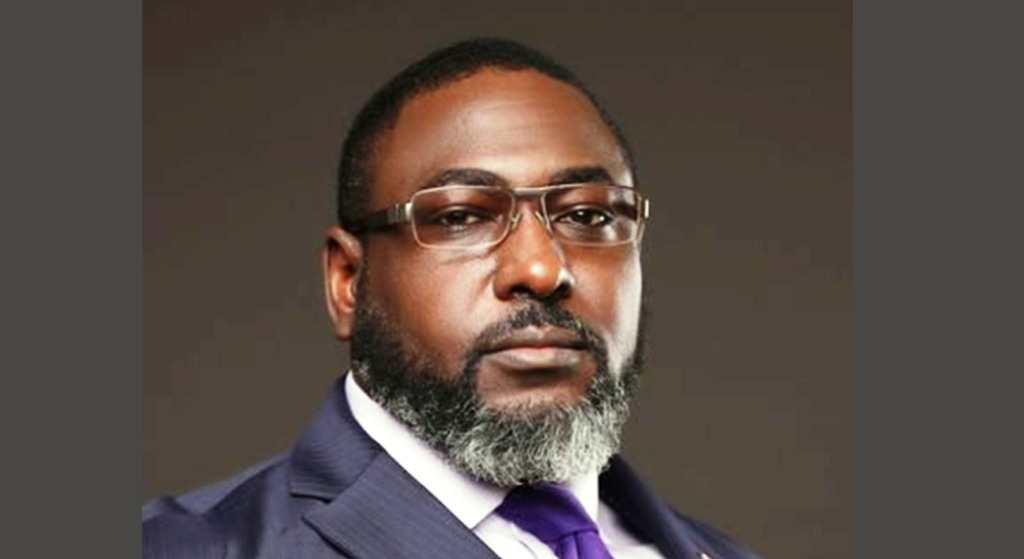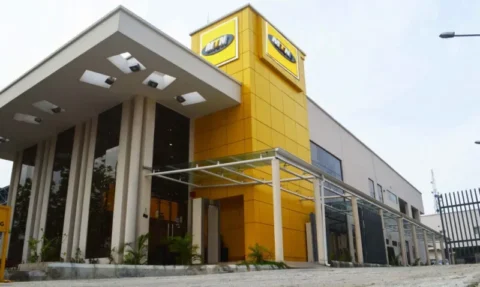Oluwatayo Aduloju, Chief Executive Officer of the Nigerian Economic Summit Group (NESG), has expressed disappointment over Nigeria’s lack of significant economic and social progress compared to countries like Indonesia, attributing this to the underutilization of universities as centers for development and wealth creation.
Aduloju made these remarks during the 2025 University of Lagos convocation lecture titled “Universities as Hubs for Development and Wealth Creation” on Monday, January 13. He emphasized that universities play a critical role in advancing society, yet Nigeria’s higher institutions have not fulfilled their potential in driving economic transformation.
“It is nearly impossible to discuss humanity’s progress and societal advancement without acknowledging the role of knowledge development. Our universities should be at the forefront, shaping the values and skills that drive national growth,” Aduloju stated.
However, he lamented that Nigeria’s educational system has struggled to deliver on this promise, noting a significant gap between academic knowledge (“town and gown”) and its practical application in societal development. Quoting Nelson Mandela, he remarked, “Education is the most powerful weapon which you can use to change the world.”
Aduloju presented a comparative analysis of Nigeria and Indonesia’s economic trajectories, referencing insights from Professor Peter Lewis of the University of Michigan. Lewis’s groundbreaking study, “Growing Apart: Oil, Politics, and Economic Change in Indonesia and Nigeria,” revealed that while Nigeria and Indonesia had similar GDPs in 1965, Indonesia’s economy grew to nearly 2.7 times the size of Nigeria’s by 2017.
Aduloju noted that Indonesia also vastly improved its citizens’ standard of living during this period. From 1965 to 2017, Indonesia’s GDP per capita more than quadrupled from $700 to over $4,000, while Nigeria’s GDP per capita only peaked at $1,800. Additionally, Indonesia reduced its poverty rate from 71.4% to 5.7%, whereas Nigeria’s poverty rate remained largely unchanged, moving from 53% to 55%.
He attributed Indonesia’s success to its transition from an extractive economy to one focused on diversified and inclusive growth. By 2017, Indonesia had shifted from raw material exports to a balanced export profile with 50% manufacturing and only 20% petroleum. In contrast, Nigeria has remained heavily reliant on petroleum exports, which accounted for over 80% of its trade in 2021.
“Indonesia transformed its workforce and institutions, moving beyond extractive industries to foster more complex and competitive economic activities,” Aduloju explained.
He further highlighted the institutional weaknesses in Nigeria, noting that despite diversification efforts in GDP, the country remains uncompetitive in trade due to its continued reliance on oil exports. “This is more than a policy issue; it is a development problem. Addressing it requires strengthening institutional capacity, reforming ideas that drive policy, and ensuring leadership and societal collaboration for meaningful change.”
Aduloju called on universities to bridge the gap between academic research and practical applications, urging them to play a central role in transforming Nigeria’s economy, similar to the pivotal role played by Indonesian institutions.





